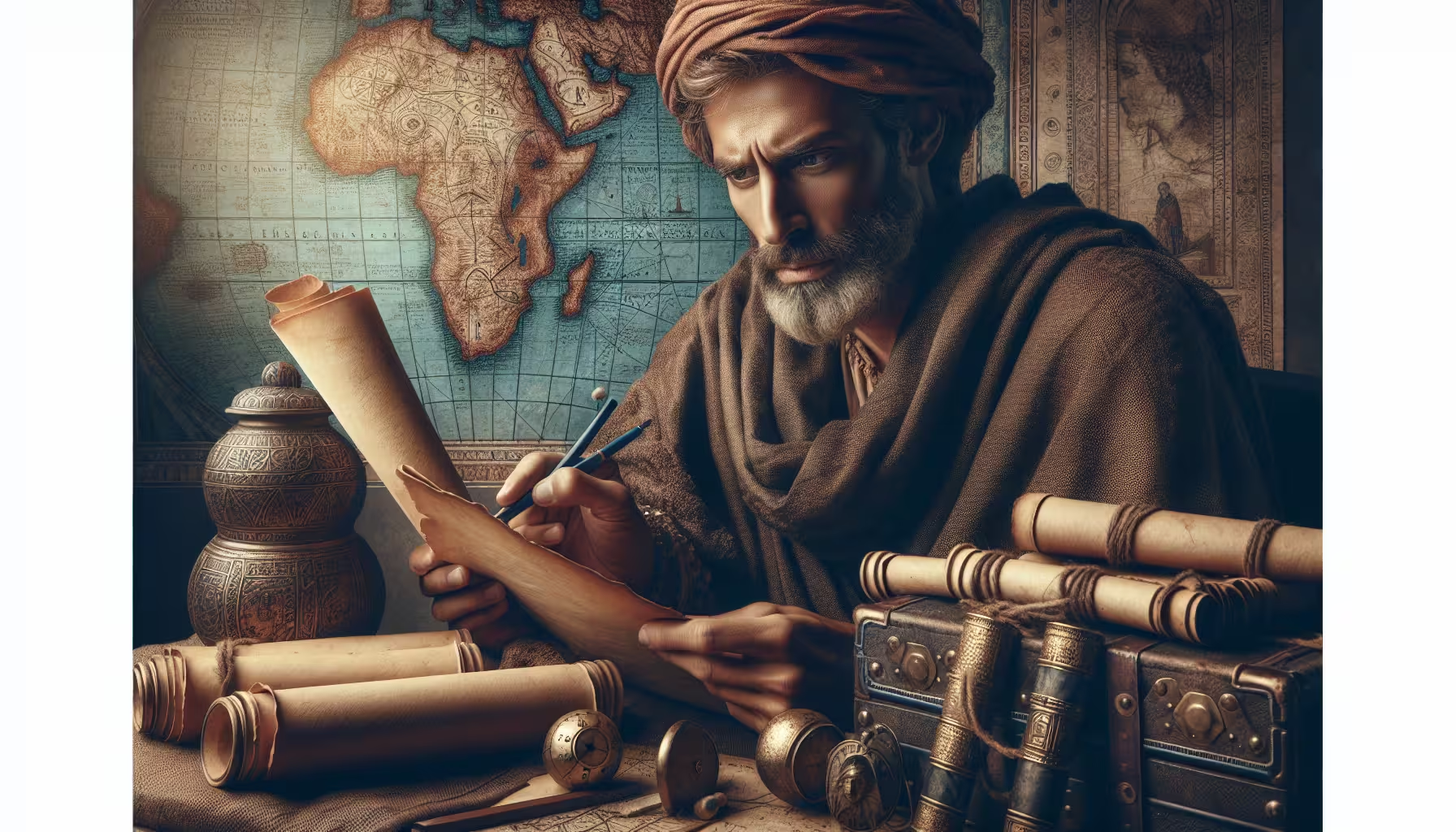
Juba I was a legendary figure in ancient North African history, known for his intelligence, scholarship, and military prowess. As the king of Numidia, he played a significant role in the power struggles of the Roman Republic and was eventually defeated by Julius Caesar. Juba I is also renowned for his contributions to the fields of history, geography, and philosophy, leaving behind a lasting legacy as a scholar and leader. Hook: Dive into the intriguing and often overlooked story of Juba I, the renowned king of Numidia whose intellect, bravery, and scholarly pursuits left a lasting impact on ancient North African history.
Introduction
Juba I, also known as Juba the Great, was a Berber king from North Africa who lived during the first century BC. He was a prominent figure in the Roman Republic and a key player in the politics of the time. Known for his intelligence, curiosity, and ambition, Juba I was not only a powerful ruler in his own right, but also a formidable scholar and writer. Juba I’s historical significance lies in his role as a bridge between the Roman world and the indigenous cultures of North Africa. His fascination with learning and his close ties to Rome made him a unique and influential figure in a time of great political and cultural change. As we delve into the life and legacy of Juba I, we will explore the complexities of his identity, his relationships with both Roman and Berber culture, and the lasting impact he had on the history of the Mediterranean world. Join us on a journey through the life of this enigmatic historical figure, as we uncover the fascinating intersection of power, knowledge, and identity in the ancient world.
In 30 BC, Juba I led a revolt against Roman rule in Numidia, marking the beginning of the Jugurthine War.
The Early Life of Juba I
Juba I was born in 85 BCE in Numidia, which is present-day Algeria. He was the son of King Hiempsal II of Numidia and Queen Cleopatra Selene II. His early life was marked by political turmoil and strife as his father and grandfather were both assassinated, leading to Juba I being taken as a prisoner of war in Rome. However, his time in Rome also provided him with a valuable education and exposure to Roman culture, which would later shape his leadership as the King of Numidia.
Reign as the King of Numidia
After being educated in Rome, Juba I returned to Numidia and ascended to the throne as the King. He was known for his intellect, love for learning, and his passion for promoting the arts and sciences. During his reign, Juba I was also involved in several wars and alliances with Rome, solidifying his position as a key player in the Roman Empire’s politics. He also married Cleopatra Selene II, a direct descendant of the Ptolemaic dynasty of Egypt, which further strengthened his rule and influence in the region.
Legacy and Contributions
Juba I’s legacy extends beyond his time as the King of Numidia. He was a prolific writer and scholar, and his works on history, geography, and natural sciences were highly regarded in the ancient world. Juba I’s contributions to the field of knowledge and his passion for learning continue to inspire historians and scholars today. His reign and intellectual pursuits left a lasting impact on the cultural and political landscape of North Africa and the Mediterranean, establishing him as a key figure in the history of the region.
Did you know that Juba I was a king and high priest of the Nabatean Kingdom in the 1st century BC? He was a close ally of Rome and helped them in their campaign against the Parthians. Juba I was also a prolific writer, producing several works on history and geography. He was known for his love of learning and was a patron of the arts. Juba I’s reign came to an end in 46 BC when he was defeated and captured by Julius Caesar at the Battle of Thapsus.
Read more:
juba-i-scholar-warrior-and-leaderjuba-i-king-of-numidia-and-north-africa
juba-i-military-intellect-and-artistic-patronage
juba-i-from-ally-to-foe
juba-i-prosperity-and-cultural-influence